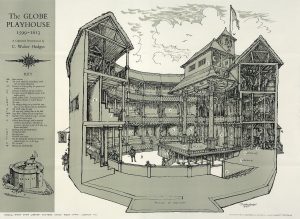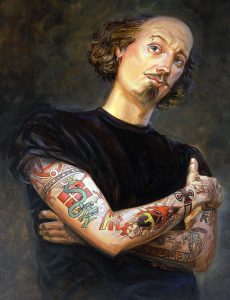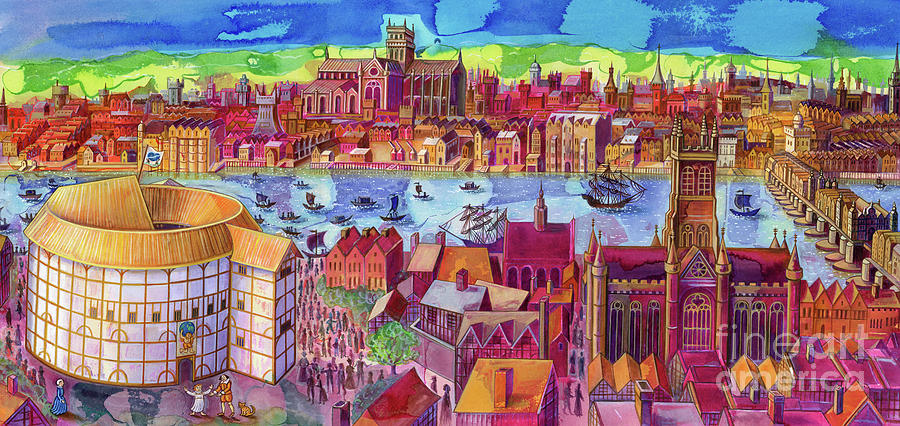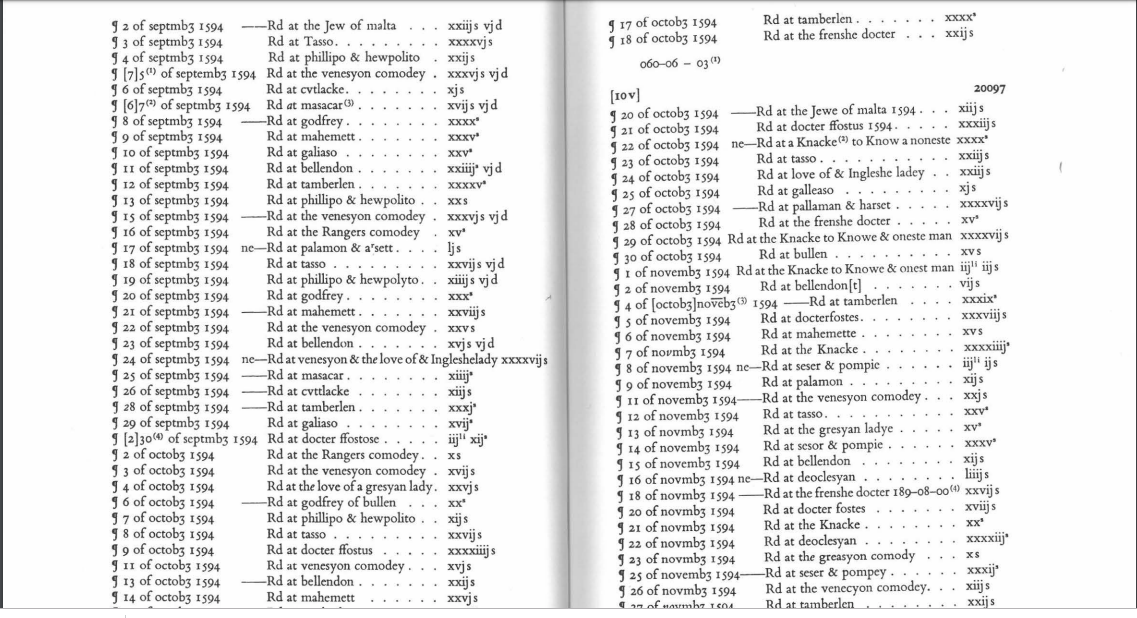Sophia Kypriotis, Luke Mulligan, Becky Callaghan, Elli Brown, Kelly Corcoran
Drawing on foreigners account of entertainment in Shakespeare’s London, we divulge how much truth can be extracted…
Thomas Platter
What sort of entertainment was Shakespeare and his theatre company having to compete with?
“Thus daily at two in the afternoon, London has two, sometimes three plays running in different places, competing with each other, and those which play best obtain most spectators.”
Shakespeare and his theatre company were having to compete with multiple theatres, companies and plays, all of whom were attempting to draw in the largest crowd and offer plays that were intriguing and enjoyable enough to get the audience to come south of the river.
“There is also in the city of London not far from the horse-market which occupies a large site, a house where cock-fights are held annually throughout three quarters of the year (for in the remaining quarter they told me it was impossible since the feathers are full of blood) and I saw the place which is built like a theatre (theatrum).”
“Every Sunday and Wednesday in London there are bearbaitings on the other side of the water, and I ferried across on Sunday the 8th of September with the Earl of Benthem and my party, and saw the bear and bull- baiting.”
Shakespeare had to compete with highly popular violent sports. In order to win the attention of the crowds, he had to match the blood lust that audiences gained from viewing cock fighting, which could explain why many of Shakespeare’s plays depict acutely violent acts. Since cock fighting and bearbaiting didn’t appear to occur as regularly as theatre performances, violent plays may have been introduced to satisfy the audience’s cravings for brutality.
How useful is it to have a foreign perspective on Shakespearean London?
This perspective offers a more objective account of Shakespearean London as the author is unfamiliar with it and therefore views the situation through a lense that doesn’t normalise what they encounter.
“With these and many more amusements the English pass their time, learning at the play what is happening abroad; indeed men and womenfolk visit such places without scruple, since the English for the most part do not travel much, but prefer to learn foreign matters and take their pleasures at home.”
Due to Shakespeare’s plays often being set abroad, it feeds the English interest in forgein matters without them having to travel to those countries.
It would be helpful and interesting to compare Platter’s account with an Londoners/Englishman’s account of the same entertainment; one can assume they would pick up on and focus more closely on different elements, which in turn comments more broadly on their culture and customs.
Platter’s account is useful for gaining insight into Shakespeare’s entertainment because he offers an alternative perspective on the experience of going to the theatre, however it is limited as he may not pick up on English nuances and thus can’t offer a complete and cohesive account; which is only comparable to Swiss entertainment culture.
How similar or different is this world from our own?
“There are a great many inns, taverns, and beer-gardens scattered about the city, where much amusement may be had with eating, drinking, fiddling and the rest, as for instance in our hostelry, which was visited by players almost daily. And what is particularly curious is that the women as well as the men, in fact more often than they, will frequent the taverns or ale-houses for enjoyment.”
Despite the extreme forms of entertainment on offer e.g. bearbaiting, this world is not entirely different from our own. The traveller and citizens of London are merely looking for a way to be entertained. The frequenting of beer-gardens by more than one gender is relatable to the present day.
Johann de Witt
What architectural information does this sketch and the text give us? Why are the theatres on the outskirts of the city?
- Open air; reliant on daylight
- Stage juts out into the groundlings; imerse experience for audience; fits more people into the theatre to view the play
- Circular; beneficial for acoustics; greater perspective on offer, instead of just straight on; often the audience can see more than the actors on stage and therefore preempts events in the play-actors didn’t have the full script so the audience may know what may happen before they do
- High tier seating; maximise seating available and offers a better viewing experience; reflective of class and hierarchy. Thomas Platter: “where he not only sees everything well, but can also be seen”
- Columns; remistant of Roman and Ancient Greek places of entertainment, reflecting the classical allusions within the plays performed and causes the audience to feel of greater importance
What does the sketch and text tell us about the social history of a play? Where are the audience? What is the purpose of the flag and the man at the top of the building? What are the alternative entertainments on offer?
- Seating reflects class and hierarchy
- the higher the seats the better the view and greater the comfort, and can also be seen by more and thus demonstrates their higher status.
- The groundlings were eyelevel with the stage and thus had a more reduced perspective than those seated higher up
- The flags were used to advertise the genre of the play on offer, for example tragedy was symbolised by a black flag. This would have enabled those looking for a quick source of entertainment to choose which theatre they wanted to go to by looking at which flag was raised.
Quincey comments that “There are four amphitheatres in London of notable beauty”, including “the Rose and the Swan”, underlining the competition between theatres and companies, supporting Platter’s account of entertainment in London. He goes onto mention that “There is also a fifth voted to the baiting of beasts, where are maintained in separate cages and enclosures many bears and dogs of stupendous size, which are kept for fighting, furnishing thereby a most delightful spectacle to men.”. This may offer an understanding as to why Shakespeare’s plays often contained so much violence; he was competing with bearbaiting to draw audiences in and therefore he reflected this violence in his own plays.
Both the text and the sketch are copies held in a notebook by de Witt’s friend, Van Buchell: he used this notebook between 1592-1628 to keep copies of poems, quotations, and observations. How might this affect the reliability of this source?
Due to these being copies and not first hand evidence, there leaves room for human error; he may have mis-quoted, mis-seen the original sources, or they may have been damaged and thus cannot be authentically interpreted. Furthermore, he may have interpreted and amended the original sources to fit with his own understanding and hence cannot be seen as a completely reliable portray of Shakespeare’s Show Business.

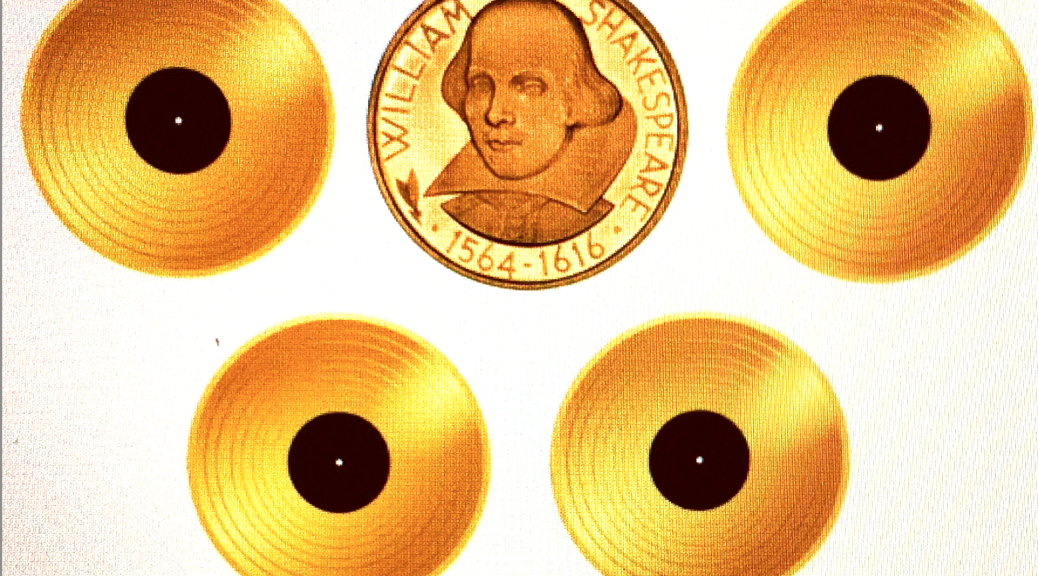
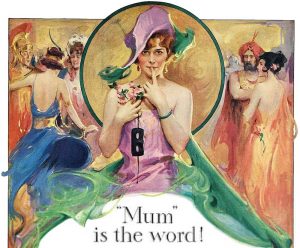
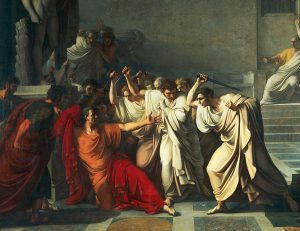
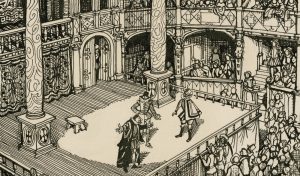
 Lords and Ladies, warlocks of this age of technological wonder, please take a moment from your busy lives and buzzing devices to consider the past. Once shrouded by the time manipulation legislation, the no deal Galaxy E-exit (Earth Exit) has allowed us to take control of our own spacetime. For the small price of £1bn we are allowing you the opportunity to travel back in time to renaissance England:
Lords and Ladies, warlocks of this age of technological wonder, please take a moment from your busy lives and buzzing devices to consider the past. Once shrouded by the time manipulation legislation, the no deal Galaxy E-exit (Earth Exit) has allowed us to take control of our own spacetime. For the small price of £1bn we are allowing you the opportunity to travel back in time to renaissance England: